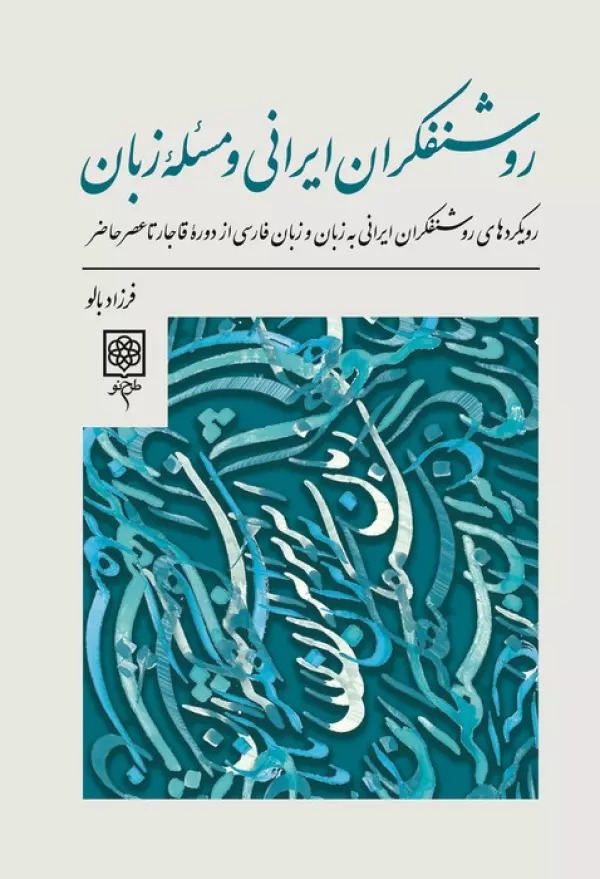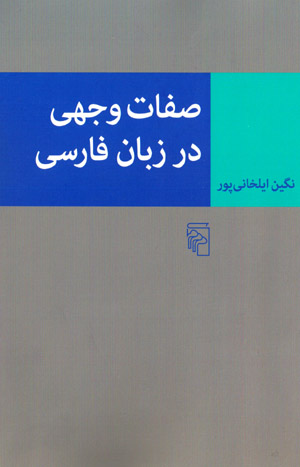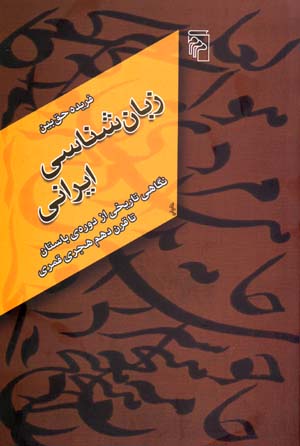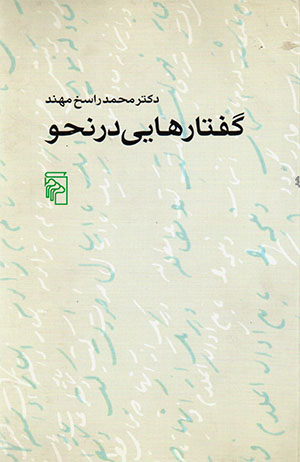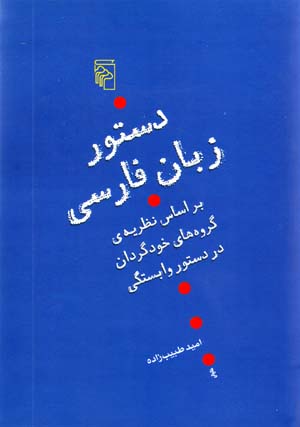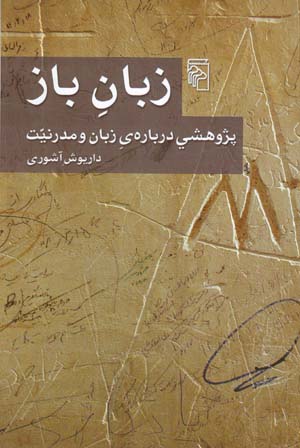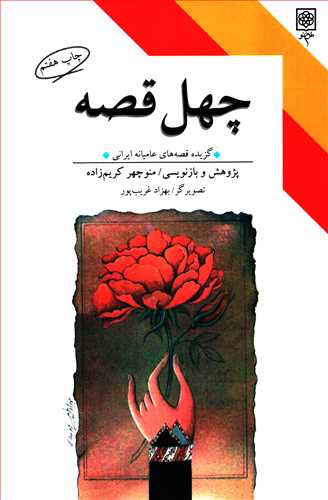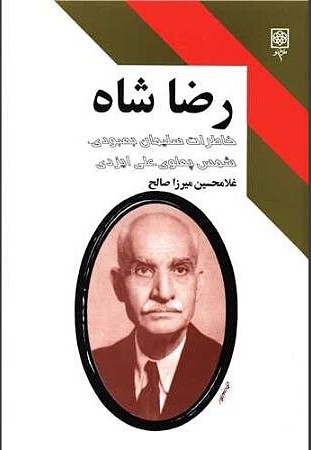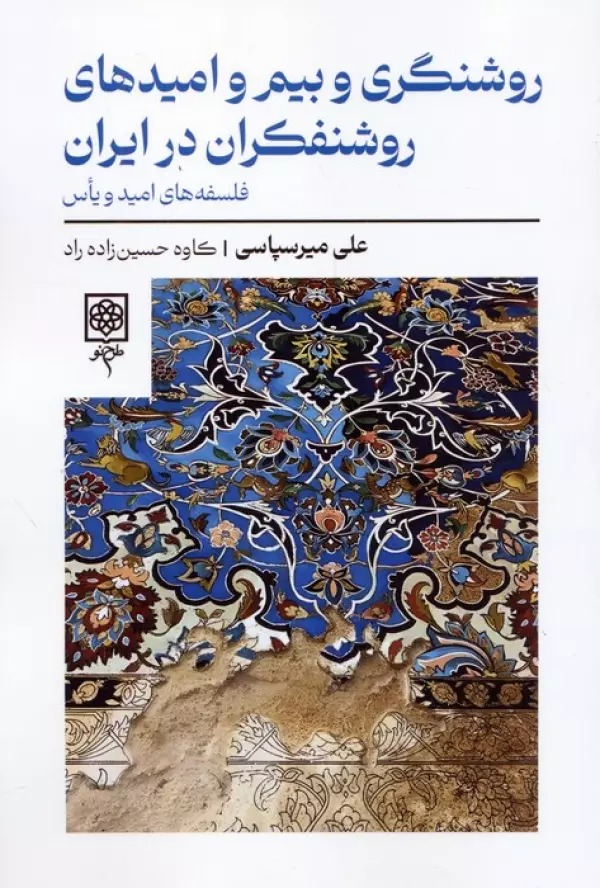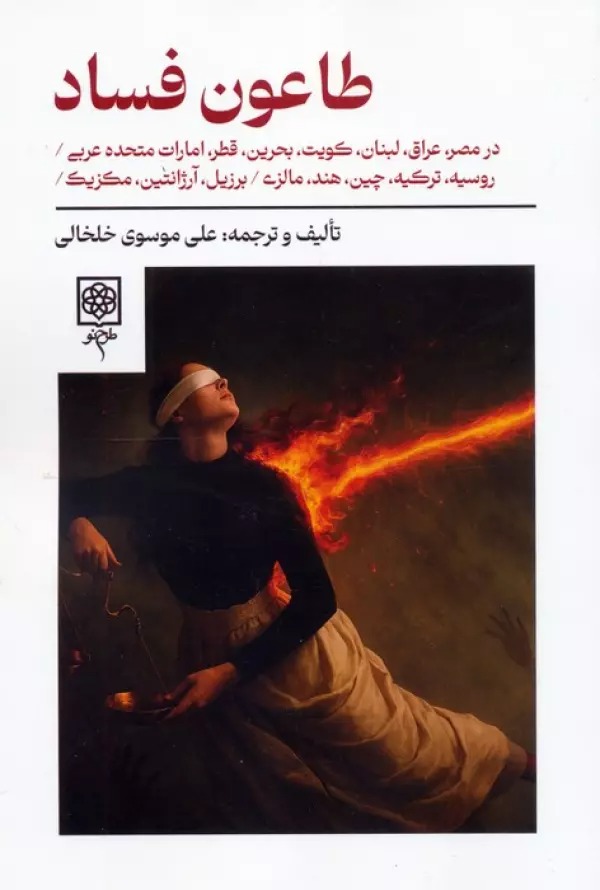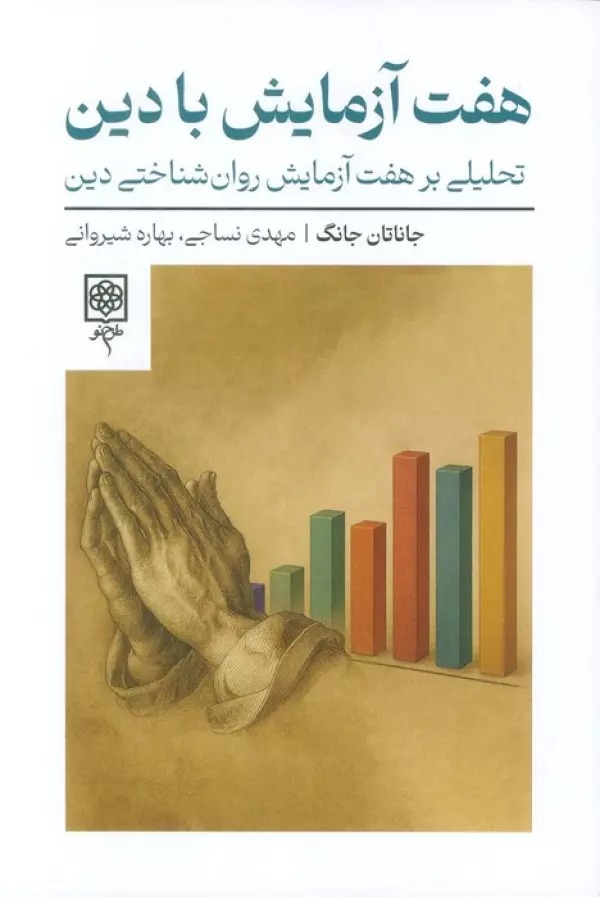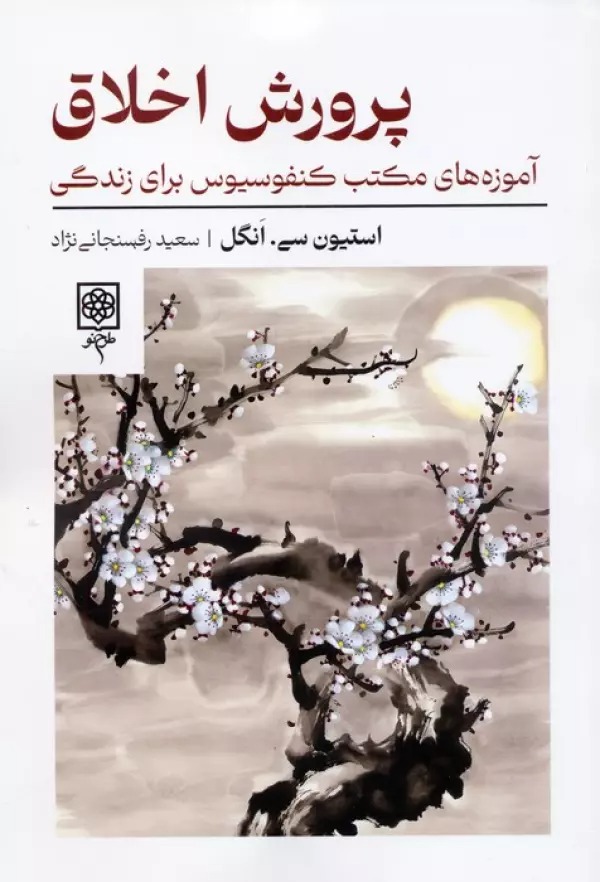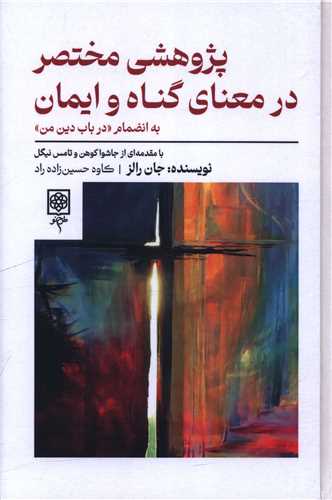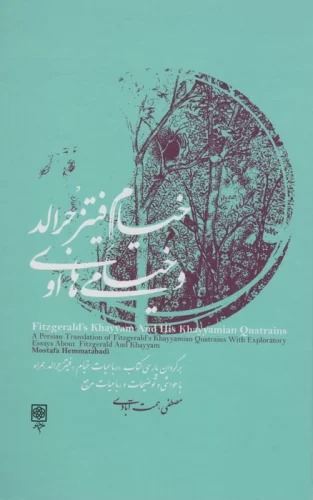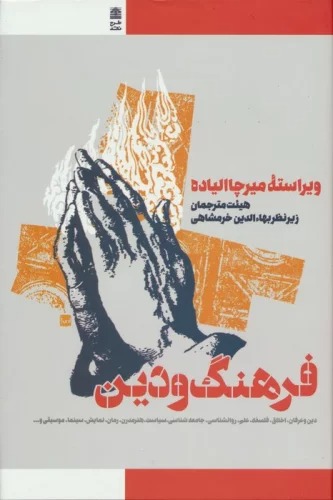Rawshanfikrān-i Īrānī va Mas'alah-yi Zabān: Ruykard'hā-yi Rawshanfikrān-i Īrānī bah Zabān va Zabān-i Fārsī az Dawrah-yi Qājār tā 'Asr-i Ḥāz̤ir: Persiska (Farsi) 1403
روشنفکران ایرانی و مساله زبان: رویکردهای روشنفکران ایرانی به زبان و زبان فارسی از دوره قاجار تا عصر حاضر
24,75 $
Dela
Wishlist
Originaltitel:
روشنفکران ایرانی و مساله زبان: رویکردهای روشنفکران ایرانی به زبان و زبان فارسی از دوره قاجار تا عصر حاضر
ISBN:
9789644891427
Förlag:
Tarh-i naw
Åldersgrupp:
Vuxen
Sidor:
696
Vikt:
650 g
Produktmått:
14 x 21 x 6
,
4 cm
Bokomslag:
Pocketbok
The main concern of this book is to show the evolution and transformation of the way language is perceived at historical junctures in the epistemological geometry of Iranian intellectuals from the Qajar period to the present day. In other words, it is to examine why and how the linguistic reflections of Iranian intellectuals regarding the dominant discourse and episteme and the formation of knowledge and the epistemological space of each era turned from a linguistic and instrumentalist perspective to an ontological and philosophical perspective; from an appreciative view of the Persian language to a critical confrontation with it. Therefore, this book is a plan, explanation, and critique of the long theoretical story of Iranian intellectuals in their encounter with language, from a perspective limited solely to the reflection of the objective manifestation of language in the form of writing and calligraphy (Saussurean parole) in the Qajar era, as a tool for not falling behind the utopia of the new civilization, to the connection of language with nationality and linguistic nationalism in the Reza Khani era, from the Marxist approach to language to the approach of returning to the cultural self and the theory of the self-sufficiency of language and calligraphy in the second Pahlavi era, and finally a philosophical approach to language under the influence of the thoughts of philosophers such as Plato, Hegel, Nietzsche, Wittgenstein, Heidegger, Derrida, etc., with a mixture of linguistic perspectives of people such as Saussure and Chomsky - which of course have a philosophical foundation - from before the 1979 revolution to the present era.
more
دغدغهی اصلی این کتاب، نشاندادن سیر تطور و دگردیسیِ نوع تلقی از زبان در بزنگاههای تاریخی در هندسهی معرفتیِ روشنفکران ایرانی از دورهی قاجار تا عصر حاضر است. به بیان دیگر، بررسی چرایی و چگونگی چرخش تأملات زبانی روشنفکران ایرانی ناظر بر گفتمان مسلط و اپیستمه و صورتبندیِ دانایی و فضای معرفتیِ هر عصر از وجهی زبانشناختی و ابزاراِنگارانه به دیدگاهی هستیشناسانه و فلسفی؛ از نگاهی ستایشگرایانه به زبان فارسی تا مواجههای انتقادی به آن است. ازاینرو، این کتاب طرح و شرح و نقد داستانِ بلندِ نظروَرزانهی روشنفکران ایرانی در مواجهه با زبان، از نگاه صرفا محدود به بازتابِ نمود عینی زبان در قالب نوشتار و خط (پارول سوسوری) در دورهی قاجار، بهمثابه ابزاری برای عقب نماندن از مدینهی فاضلهی تمدن جدید تا پیوند زبان با ملیت و ناسیونالیسم زبانی در دورهی رضاخانی، از رویکرد مارکسیستی به زبان تا رویکرد بازگشت به خویشتنِ فرهنگی و نگرهی خودبسندگیِ زبان و خط در دورهی پهلوی دوم و سرانجام رویکردی فلسفی به زبان تحت تأثیر اندیشههای فیلسوفانی چون افلاطون، هگل، نیچه، ویتگنشتاین، هایدگر، دریدا و... با معجونی از دیدگاههای زبانشناختی افرادی چون سوسور و چامسکی -که البته بنیادی فلسفی دارند- از پیش از انقلاب ۵۷ تا عصر حاضر است.
more

